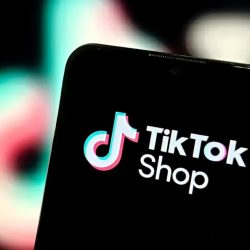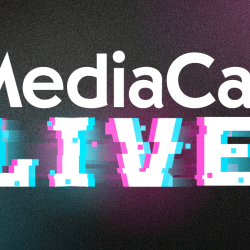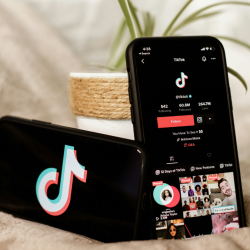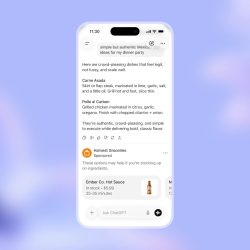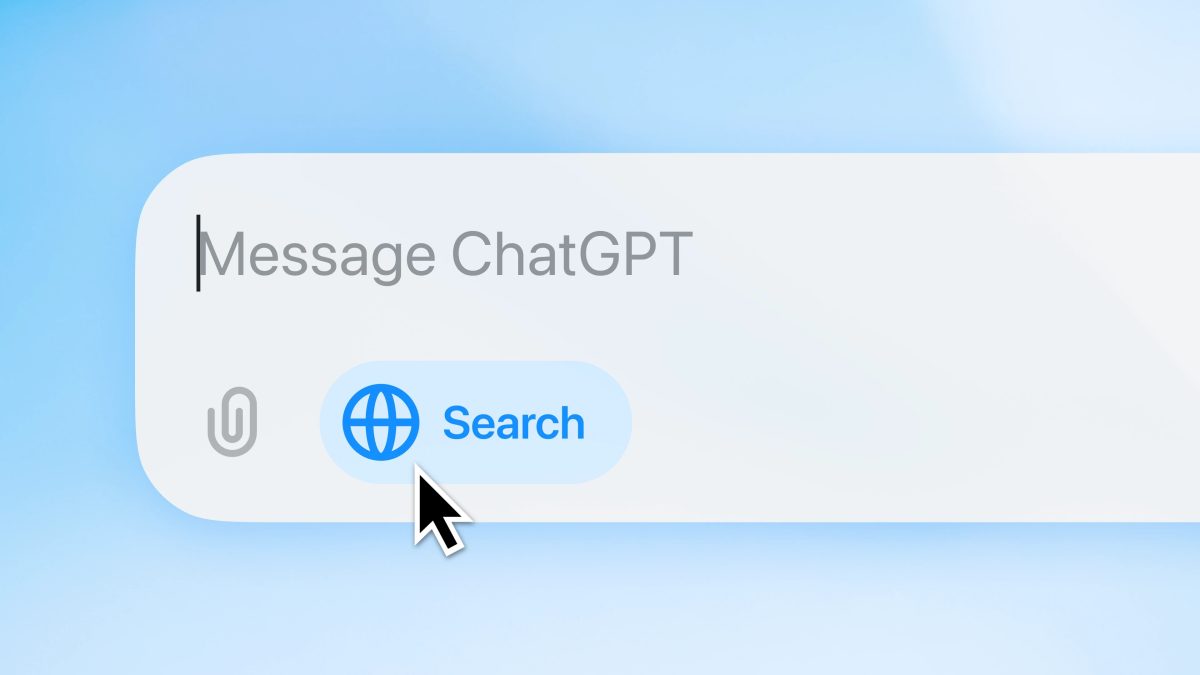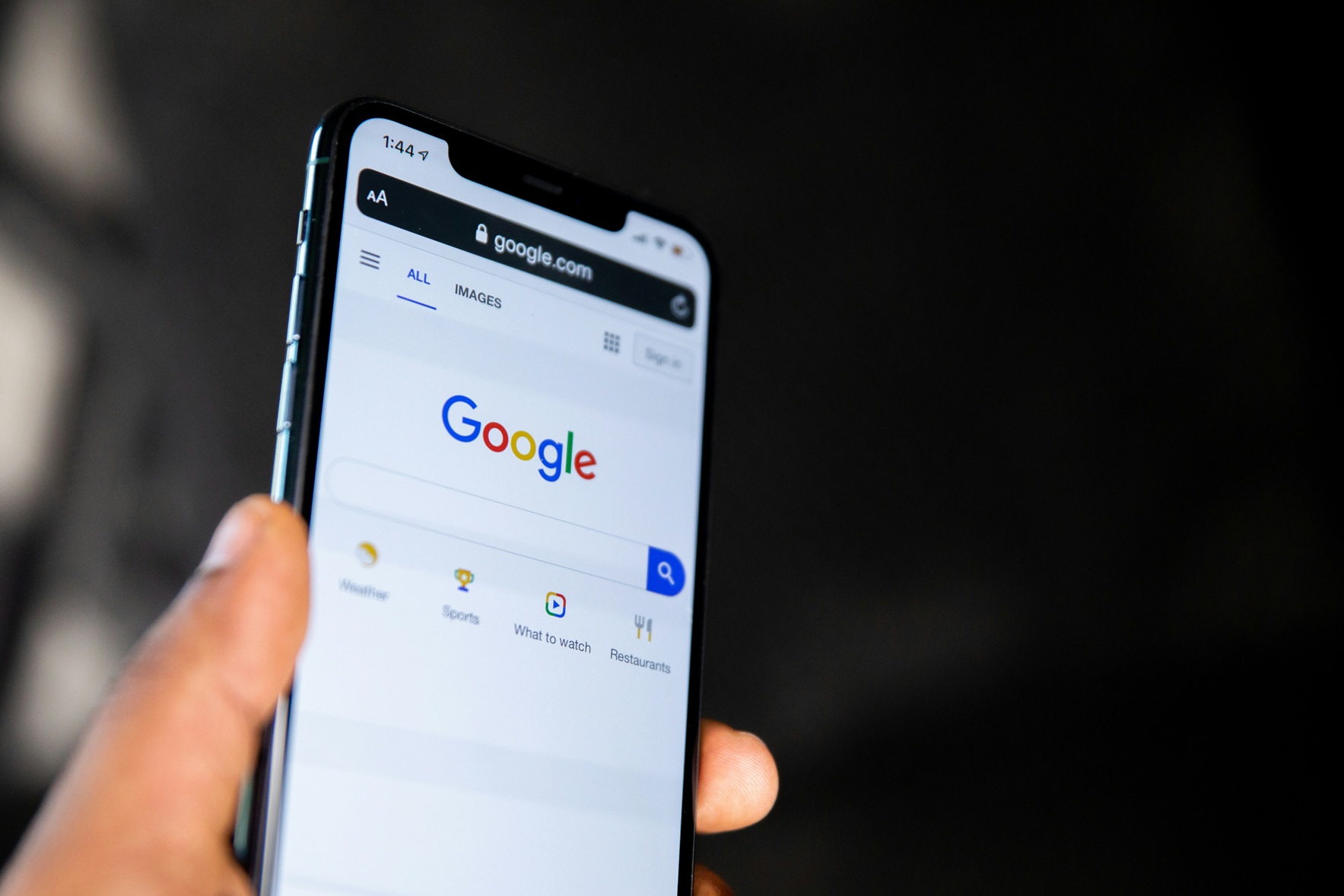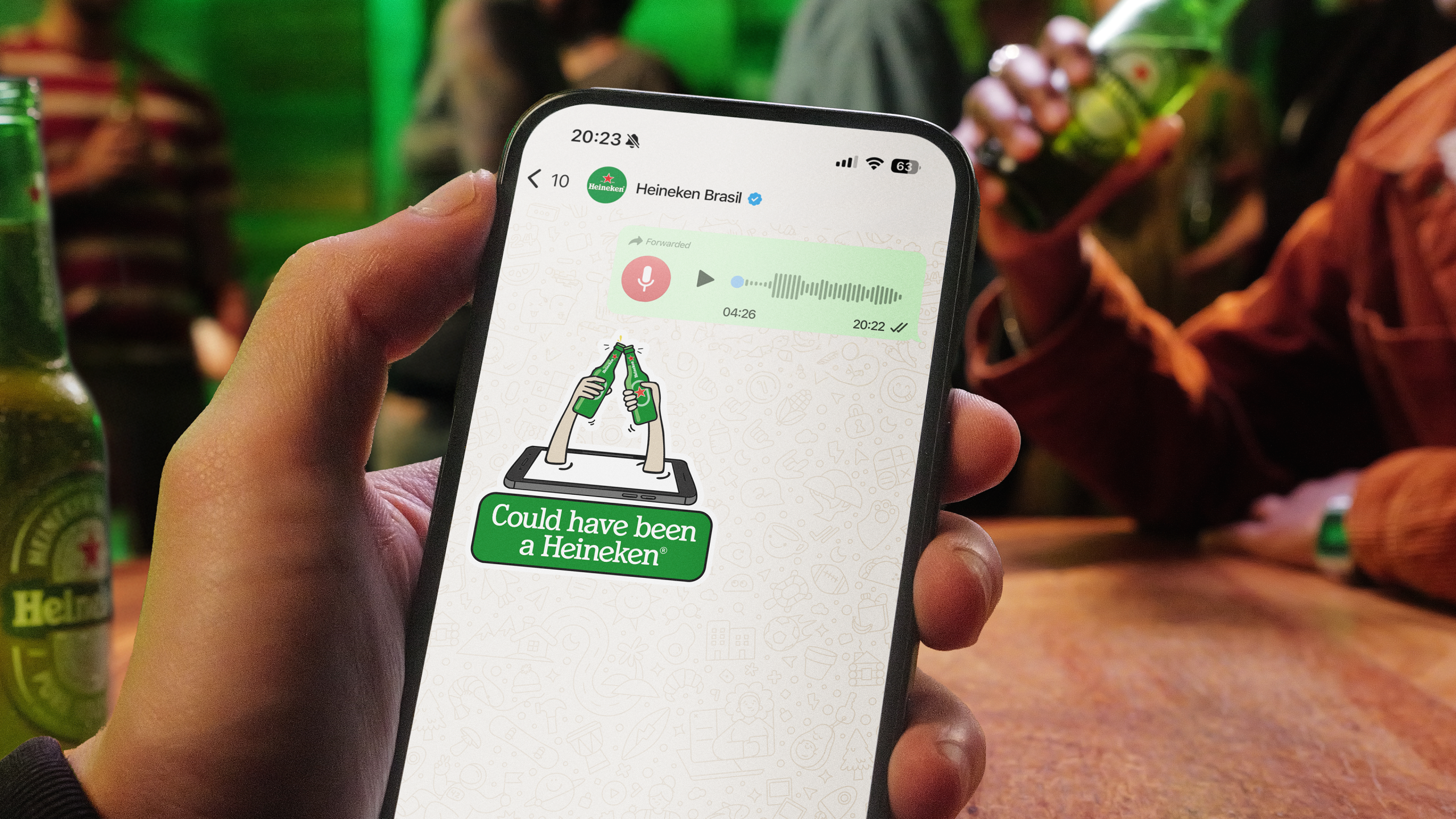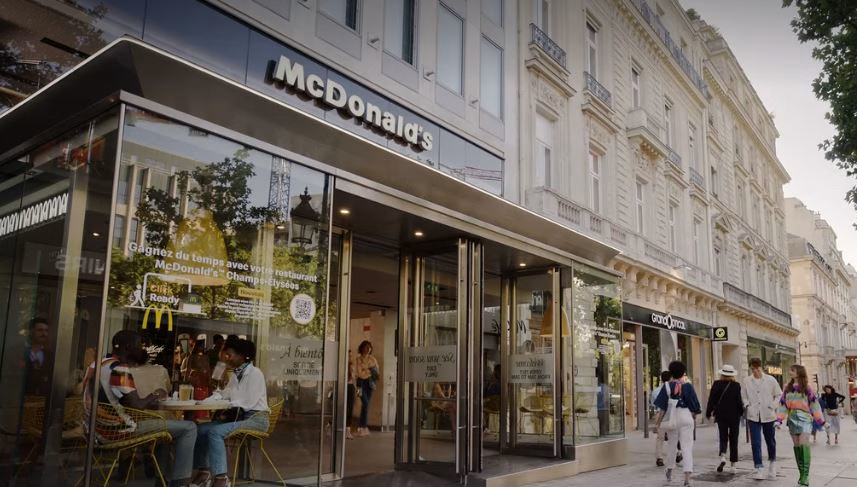We’ve known for a while now that social media has fundamentally reshaped brand discovery. Whether it’s searching TikTok for the best anti-aging serum or accidentally impulse-buying heatless rollers after seeing someone rave about them in a 15-second Reel (guilty), this is the new starting point of the funnel.
But a new layer has entered the equation: AI search.
LLMs (Large Language Models) like ChatGPT, Gemini, Claude, and Perplexity are becoming go-to destinations for questions that used to be directed at search engines. And the answers they generate aren’t drawn from your brand’s website or your perfectly optimised blog. They’re increasingly pulled from Reddit threads, YouTube transcripts, Pinterest boards, Substack comments, and Instagram captions.
In short: conversation is becoming the new content and brands no longer control the narrative.
Web3 energy: Discovery is becoming decentralised
What we’re seeing is a shift that feels incredibly Web3 in spirit. Discovery is decentralised; control is distributed. The voice of the crowd now trains the machine and, in turn, drives your brand’s visibility.
In this world, it’s not about what your brand says about itself. It’s about what others are saying about you — and where. This has always been true in theory (hello, PR), but with AI search, it becomes a direct input into visibility.
You can’t ‘own’ your place in AI search results the way you might on Google Ads or even a Meta campaign. You can only earn it.
That’s why PR is having a well-deserved resurgence. Not just as a channel for reputation, but as a growth lever. Every Reddit comment, Quora answer, YouTube demo, or podcast transcript is potential training data for AI. When LLMs decide what to surface in an AI overview, they pull from the places where your audience is already talking.
AI Search ≠ Traditional SEO
Traditional SEO gave brands the illusion of control. Keywords, metadata, backlinks — we knew the rules, even if they changed every few years. But AI search doesn’t follow a neat ruleset.
Instead, it works more like a reputation economy, where the richest sources are:
● Long-form conversation (Reddit, YouTube, Discord)
● Peer-to-peer recommendations (Instagram, TikTok, Pinterest)
● Expert summaries and thought leadership (Substack, LinkedIn)
And here’s the kicker: the same content that’s useful to a human scrolling TikTok or reading a Reddit thread is also useful to an LLM trying to synthesize an answer. The audience and the machines are looking for the same signals: clarity, authority, authenticity, relevance.
This means we’re not creating two different types of content for search and social anymore.
We’re creating one unified layer of discovery content that works for both.
So, brands need to shift from telling their story to inspiring stories told by others. That means:
- Creating off-site conversation. If the only content about your brand lives on your own channels, you’re invisible to AI search. You need people talking about you in public, indexable spaces. That means prioritising creator content, PR placements, community discussion, and user-generated content.
- Reframing influencer strategy. It’s not enough for influencers to mention your product. The content needs depth – explainers, demos, context. LLMs aren’t watching for vibes. They’re watching for meaning. Brief creators to make content that educates as well as entertains.
- Structuring content for dual value. Humans skim. Machines scrape. Your content should work for both. That means clear naming conventions, product tags, logical flow, and rich descriptions, whether it’s a YouTube video, a TikTok tutorial, or a LinkedIn carousel.
- Leaning into cultural relevance. If your brand is part of the conversation today, there’s a higher chance it’ll be included in LLM outputs tomorrow. Think of virality as seeding future visibility.
We’re entering an era where discoverability is no longer bought, but built.
And it’s being built, increasingly, on conversations you don’t control.
That’s not a threat. It’s an opportunity.
The most visible brands tomorrow will be the ones who: prioritise community-led content today; understand that the algorithm now reads Reddit threads and TikToks, not just alt-text and backlinks; and embrace the Web3-style decentralisation of influence — and lean into the power of co-creation
If you want to show up in AI search, you don’t just need to be relevant, you need to be talked about. So, get people talking!


